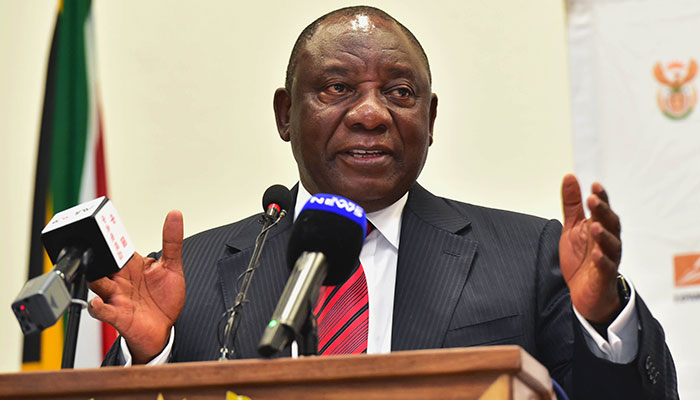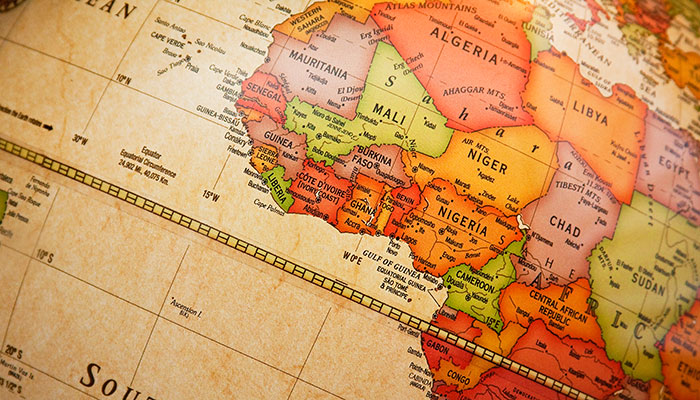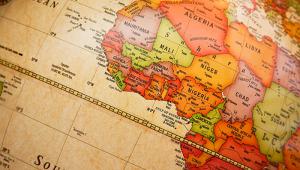Whistleblowing is a phenomenon that encourages voluntary disclosure particularly of illegal activities such as fraud and financial corruption to the relevant authorities. With most corruption indices rating African countries high on the league of corrupt countries and the impact of such stigma of corruption on foreign direct investments, most governments in Africa are seeking means of reducing financial corruption by utilising the old technique of whistle blowing.
The recent results as reported in Nigeria indicate that whistle blowing policy may be the panacea for the endemic problem of financial corruption in the public sector in Africa.
The Nigerian experience
The Federal Executive Council of Nigeria on 21 December 2016 approved a whistleblowing policy (WBP) to help expose fraud and corruption in the public sector. The policy allows the whistleblower to earn between 2.5% to 5% of the proceeds of the financial corruption if the funds are successfully recovered by the government.
This measure is aimed at encouraging the public to reveal information that may help in fighting financial corruption of public officers as well as those in private sector. Nigeria is a major economic power in Africa but currently ranks 146th least corrupt out of 180 countries in the 2019 Transparency International report.
Financial offences such as mismanagement of public funds and assets, violation of financial regulations, solicitation of bribes, and manipulation of data and records are all classified as financial corruption, and can be reported through an online portal provided by the government. However, before the whistle blower is rewarded; such information must not be available to the government before the period it was reported, and the information is first reviewed to ascertain its authenticity.
With the cooperation of various government agencies, the WBP has reportedly recovered over $180m in four months. This implies that the whistleblowers involved in providing such information are now richer by up to $9m. Whistleblowing is not a bad job after all!
The WBP in South Africa
Whistleblowing policy also exists in South Africa, which also enacted the Protected Disclosures Act in 2000 to provide a shield from any reprisal attacks against whistleblowers. Unfortunately, some whistleblowers have been victimised despite the PDA.
For instance, Moss Phakoe, a councillor in Rustenburg who was gunned down after giving evidence of municipal corruption, and Jimmy Mohlala, a politician from Mpumalanga who was shot dead after blowing the whistle on the corruption linked to the building of the Mbombela Stadium, a venue of the 2010 FIFA World Cup, are among the victims of anti-whistleblowing reprisals. In fact, the decline in whistleblowing in South Africa in recent times has been associated with fear of victimisation, which is dangerous given the public outcry for accountability by public officers.
web_cyrilramaphosa_governmentza.jpg

South African president Cyril Ramaphosa has made stamping out corruption one of his key aims
Whistleblowing in Ghana and Kenya
The Republic of Ghana took the step further by passing the Whistleblower Act in 2006, thereby making it a law for such information to be divulged to the authorities and ensuring that whistleblowers are protected against imminent attacks. To clarify any misunderstanding of the Act, the Ghana Anti-Corruption Coalition simplified the law such that the ordinary Ghanaians could understand its content and thereby feel confident about blowing the whistle.
In the case of Ghana, this piece of legislation is yet to yield significant results.
The Kenyan government passed the Anti-Corruption and Economic Crimes Act in 2003 to reduce the level of corruption in the public sector, and the Witnesses Protection Act in 2006 to guarantee the protection of whistleblowers against harms resulting from any information given to the authorities.
There are also other pieces of regulations enacted to support WBP in the country. For example, the Kenya Revenue Authority issued a guideline on WBP in 2006 to ensure that funds obtained through corrupt means are recovered through the assistance of the Kenya Anti-Corruption Commission. However, despite these legislations, no significant result has been recorded in the recovery of looted funds in the country.
The Tanzanian experience
The 2015 Whistleblower and Witness Protection ACT in Tanzania handles the twin problems of discouraging corruption as well as protecting whistle blowers from any harms, with some positive results. A corruption allegation in 2008 between the American company Richmond Development Company and the former Tanzania Prime Minister, Edward Lowassa, was first reported through an online whistleblower.
Conclusion
Although WBP exists across most African countries, the results have not quelled the level of financial corruption in the continent. Its existence has sometimes been shrouded in political gerrymandering against perceived corrupt political opponents.
Though the Nigerian WBP experience is still at it early stage of implementation, significant results have already been reported by the government. It seems the attachment of financial rewards to WBP is a key to the effective implementation of the policy in Africa. As in the case of Nigeria, it appears to be the case of using a bait to catch a big fish in rivers infested with crocodiles.















